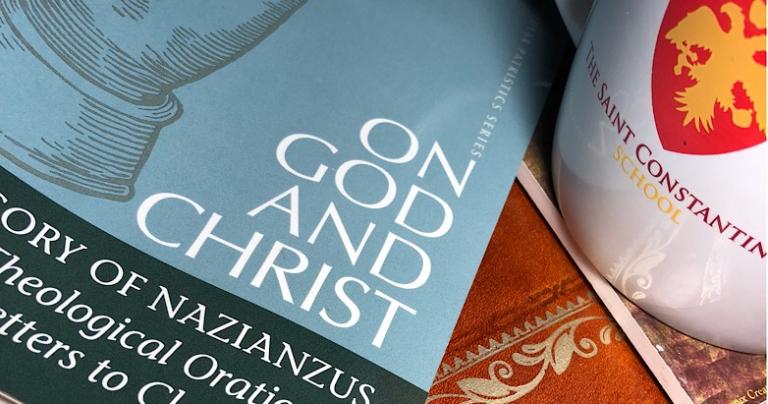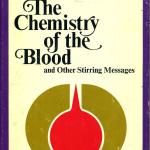
Thinking well is hard work, and easy answers from quick Google searches can cause us to forget this. If we are wise, we’ll remember that we cannot dismiss or even correctly discuss an idea we do not understand.
To give a simple example: I have met people who “know” the modal version of the ontological argument is wrong, but have no knowledge or training in modal logic. They could not, if asked, even read the philosophical argument. Having had it translated for them, they think they can find errors and so opine freely.
Philosophy is a vast discipline and even those of us with training in the field do not have training in every area!
One would think that areas of study such as medicine would be less controversial, but this is not so. One reads discussions related to biological terms such as “sex” in which the writer has not made the effort to understand how medical doctors use the term. The same happens with superficial attacks on complicated scientific ideas such as “evolution” or “global warming.”
Experts are not always right. Groupthink is possible. Outside skeptics play an important role and must be welcomed—this is serious business. However, those who critique an expert opinion must first show that they have done the work to understand that opinion.
Don’t Confuse Joy and Entertainment
When I pick up a great book for class (say, Pride and Prejudice), I begin by giving the author permission to change me. I do not come, at first, to judge the book or apply my own opinions to it—that happens later. What is Jane Austen saying? What is she trying to teach me? This is serious stuff, always potentially life-changing!
Serious things are joyful and we must always take our own ideas lightly. When discussing texts like Plato’s Republic, where my background is strong, I might engage a critic pretty boldly. When a person with deeper experience challenges my views, however, my first reaction should be deference.
I love films; I even helped start a college-level film program. Still, I know less about film than many of my friends and acquaintances. When a respected colleague challenges my interpretation of a film, I must begin in joyful deference to his or her opinions.
There is a danger in education when we confuse serious things done joyfully with entertainment. Education is serious business and not to be taken lightly. It is not designed to be fun.
Gregory of Nazianzus Got it Right
Theology is the study of divine things. How much more seriously should I take such discussions! I am not a theologian, and it has always been important to me to find trained theologians and listen to them. Why? One might get some other area of knowledge wrong and face sad consequences in this life. This is bad enough, but poor theology can have consequences in the world to come.*
Gregory of Nazianzus warns us:
Who should listen to discussions on theology? Those for whom it is a serious undertaking, not just another subject like any other for entertaining small talk, after the races, the theater, songs, food, and sex: for there are people who chatter on theology and clever deployment of arguments as one of their amusements.
There is a place for small talk, for fun, but theological discourse is not that place. We dare not play games when we do theology, any more than when forming a philosophy of life or dealing with nuclear materials. We need care and expertise.
Gregory of Nazianzus hastens to say that doing the work of theology is not the same as meditating on God. We can and should do this all the time!
One does not need to know Greek to love God, but one should know Greek to exegete the New Testament. Doing theology at the wrong time or in the wrong way is as unseemly as “tears at a drinking party!”
Take Your Time
Education is not a game—nor is it hurried. There is no dialectic that produces quick experts, no trick or single ideological pattern that answers all questions without the need for further thought. A true dialectician is not hasty, nor does he think he easily masters anything.
When it comes to God, the highest, hardest, holiest thing, about which we know the least, we must be especially modest and circumspect. Gregory adds,
But of God himself the knowledge we shall have in this life will be little, though soon after it will perhaps be more perfect in the same Jesus Christ our Lord, to whom be glory for ever and ever. Amen.
————————-
*We have to first decide theological study has content and what that content is. Philosophers of religion and theologians discuss this issue carefully. In this little essay, I am assuming that theology has content through divine revelation and our experience of the Divine especially in the person of Jesus Christ and His Church.
**Gregory of Nazianzus in Oration 27 in On God and Christ St. Vladimir’s Seminary Press. (Translated by Frederick Williams)
Rachel Motte edited this post and composed the title and sub-headings.















